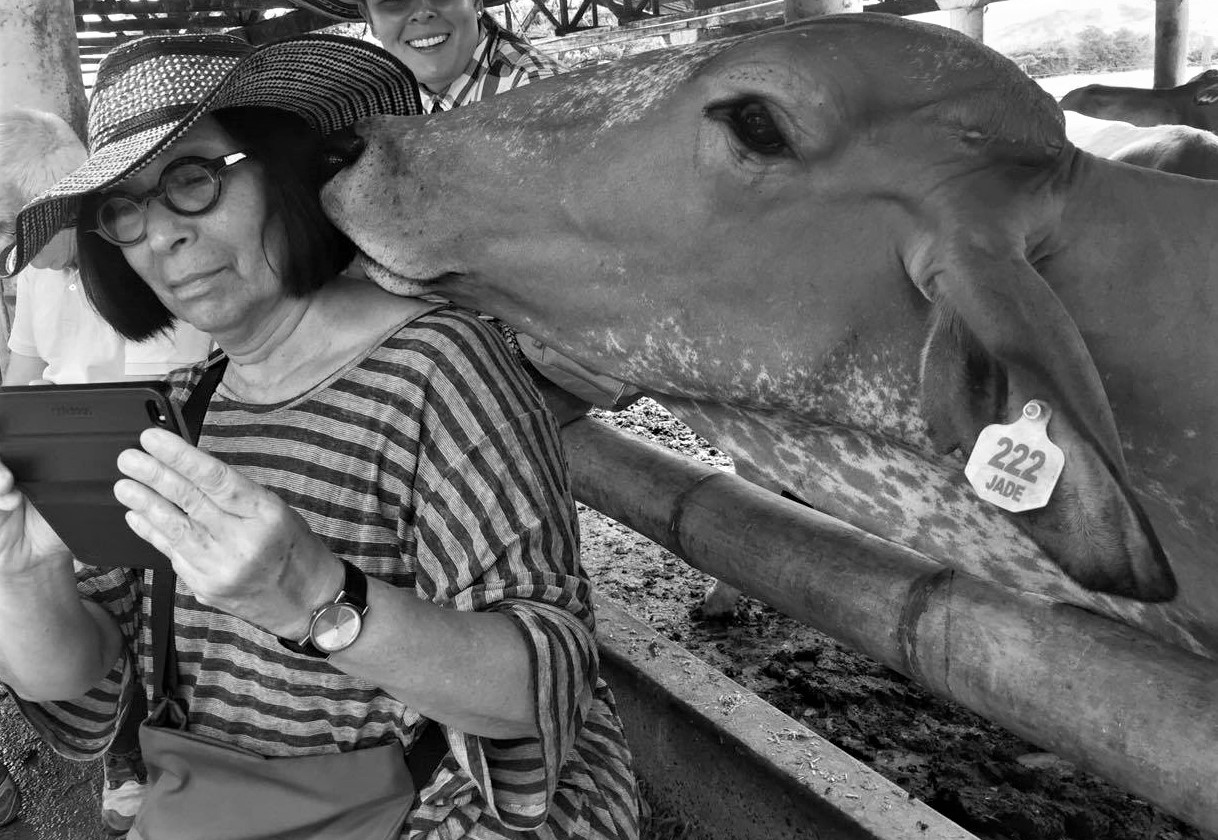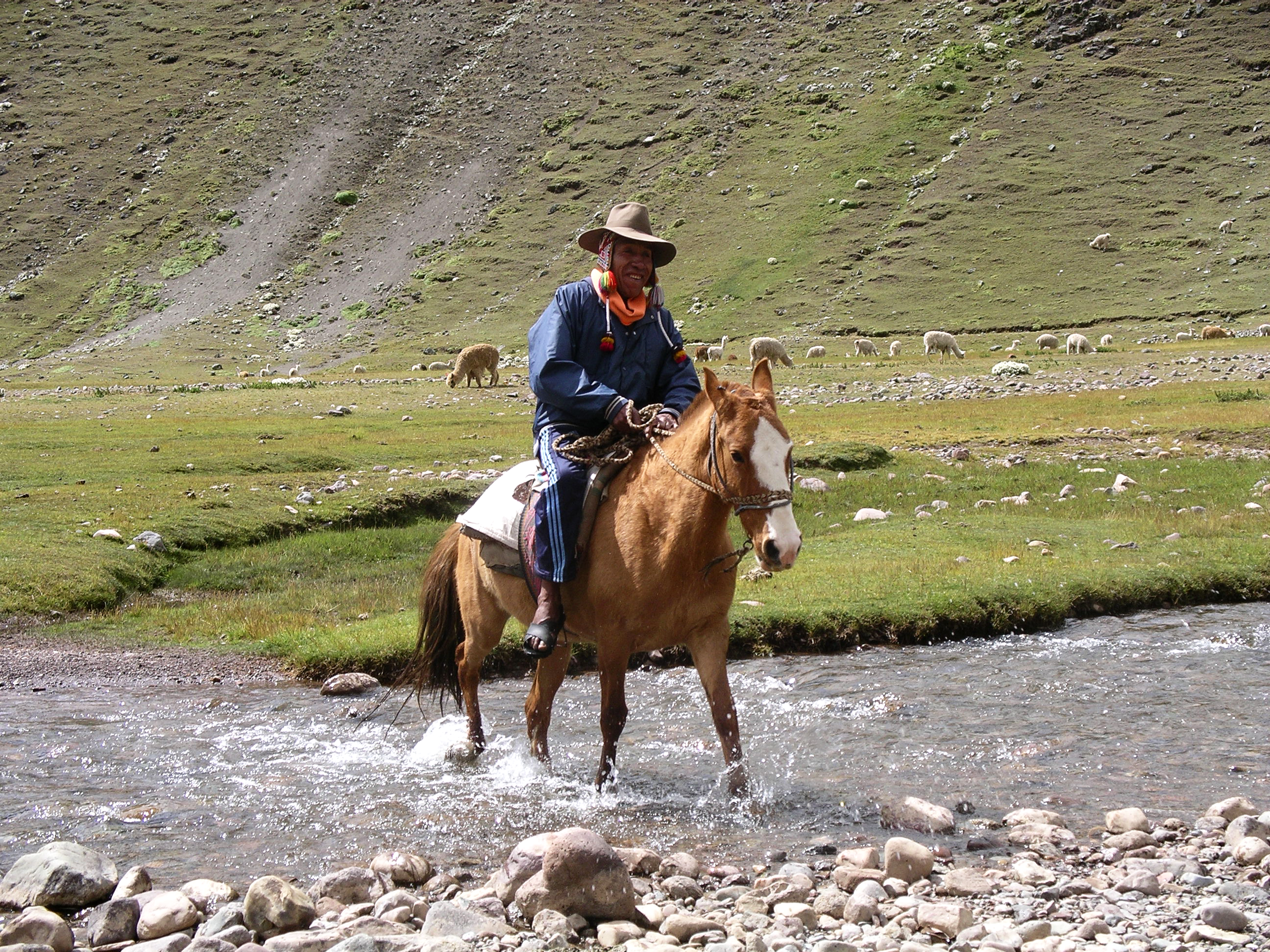

Research:
For the last ten—or more —years, I have tried to understand the complexities emerging at the crossroads between indigenous politics, politics as ‘usual’ and the expansion of neo-extractivist policies in Latin America. The recent burning of the Amazon has revealed to the world that these ventures destroy nature. My work explains that the forests, trees, rivers, animals, rocks and other entities thus destroyed are not only nature. Thus, in addition to a sustained response from environmental movements, neo-extractivist destruction has provoked a momentous presence of other-than-humans in the public sphere. Taken seriously, the presence of other-than-humans in public disputes may force political practices beyond claims for a better distribution of human equality and open politics as an arena of ontological disagreement, populated by impossible disputes—or what such politics considers such. At this opening, politics might suppress or engage in those disputes, reckoning with its impossible in either case.
My work has contributed to the so called ‘ontological turn,” a relatively recent ethnographic-philosophical mode in Anthropology (and other disciplines) which I prefer to call “onto-epistemic openings.” I practice it as an analytical method that opens up modern categories and practices to possibilities that are beyond the onto-epistemic limits of such categories and practices while also being through them. I unfold these ideas in Earth beings. Ecologies of practice across Andean worlds. The book is a conceptual ethnography inspired both by feminist anthropologists and philosophers of science and by a decade-long dialogue I held with Mariano and Nazario Turpo, father and son, and runakuna. the Quechua word for persons. My analytical narrative offers sense of our conversations as both including and exceeding modern and non-modern practices. Displacing ‘contradiction’ or ‘hybridity’ as analytics, this narrative form articulates a mode of translation that makes palpable the incommensurable excesses that populated our conversation and made incomparably uncommon to each other an understanding that we also shared. This is a form of relation that I call a ‘complex we.’
A usual ethnographic fieldwork situation (usually un-conceptualized by ethnographers) “the complex we” offers to analysis a fractal relation in which the presences that interact acknowledge mutual excesses which, as such, are part of the relation. Since excesses escape knowing (epistemologically or otherwise) the possibility of ‘not knowing’ composes this rapport. I initially used this analytical mode in “The politics of modern politics meets ethnographies of excess through ontological openings” and in “Interfaces as ethnographic site”. I have further elaborated the concept and made it explicit recently in “An Invitation to Live Together. Making the ‘Complex We.”
‘Onto-epistemic openings’ requires cognate analytical tools, and “negativities” (which I borrow from M. Strathern) is one of them. Attaching a negative grammatical form to (usually) unquestioned categories my goal is to displace their capacity to enact presences that may also make absent or impossible what does not fit those categories. Yet, displacing is not the same as canceling; thus, negativities retain the presences that the category asserts, while showing they are exceeded by that which they may cancel. ‘Not only,’ ‘uncommons,’ ‘ahistorical.’ and ‘the anthropo-not-seen,’ are the tools that I have used to analytically enact the possibility of entities or relations that emerge ethnographically yet are also made impossible by the categories—for example, nature, human species, the commons, property, religion, history, the environment—which they are an excess to. Thus, I have written about an a-historical yet eventful archive, about environmental conflicts arguing for water as a local composition, about forests and mountains that are inseparable from those who make them, about forms of personhood that exceed the human, and about sacred mountains that exceed both religion and geology.
A world of many worlds brings this cycle of my thought to a close. This volume bookends the Sawyer Seminar titled “Indigenous Cosmopolitics: Dialogues towards the reconstitution of worlds” a series of talks that started in 2012 and ended in 2017. The seminar gathered international and US based scholars around an intellectual-political surprising coincidence: the critique of ‘universal nature’ produced by the scholarly work of some feminist philosophers of science seemed to converged with novel emergences of indigenous struggles against the destruction of their territories. Written by internationally renowned scholars, the book is a collection of the articles presented during the seminar, which I and my co-editor curated to explore the possibilities of such convergence to create an analytic imaginary that we (the editors) call a ‘pluriverse’ or —as in the book title—a world of many worlds. We thus refer to divergent worlding practices meeting in relentless negotiation to find an interest in common that allows them to continue to live together without complying to the sameness required by what John Law calls ‘a one-world world.’

Current project:
Making Cow, is the working title of the current research I conduct in Colombia. Bearing in mind both the considerable damage caused by corporate cattle production (and its cognate industries) and that a world without cattle might be impossible (perhaps even undesirable) my purpose is the ethnographic search for “cow making” practices that, while not-innocent, may foster an ethics of life.
My focus is the complex material-semiotic assemblages that make cows following a eugenicist mandate to “improve the herd,” in turn sustained by a bio-capitalist practice of bovine genetics that connects in-farm routines with glocal sciences of cattle reproduction and the national bio-political economy. Preliminary ethnographic research into these genetic networks (that extend beyond cattle itself) suggests that more than the threat of its numerical increase, it is the kind of cow made by genetic practices that shapes place. With this in mind, my project unfolds through three fieldwork-shaped assumptions:
a) the genetic improvement of cattle is connected to the formation of regional bovine territories that more often than not modify landscapes;
b) All farms participate in bio-commerce to genetically improve their herd, yet the way they do so is very specific to the economic, political and ethical conditions of the farm;
c) the connections between cattle genetic improvement and landscape modification is diverse.
My field sites are ranches, peasant households, bio-tech labs, peasant households, semen collection centers, cattle fairs, breeders’ associations, slaughterhouses, and veterinary schools. Related to this project, I have published “Cosmopolitical Zoo” and (with Santiago Medina) “In Colombia some cows have raza, others also have breed.”